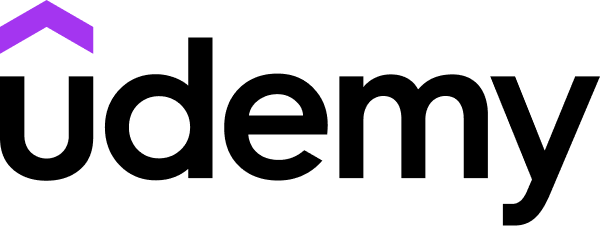Overview
Machine learning methods have revolutionized many aspects of healthcare, from new models that help clinicians make more informed decisions to new technologies that enable individual patients to better manage their own health. Since the 1950s with Kaiser’s first computerized records for chest X-ray reports and blood test results, and the introduction of the pacemaker, clinicians have realized the potential of algorithms to save lives. This rich history of machine learning for healthcare informs groundbreaking research today, as new advances in image processing, deep learning, and natural language processing are transforming the healthcare industry.
Using machine learning to improve patient outcomes requires that we understand the human consequences of machine learning, such as transparency, fairness, regulation, ease of deployment, and integration into clinical workflows. Throughout this course, we return to the question: how can machine learning improve healthcare for all?
The course begins with an introduction to clinical care and data, and then explores the use of machine learning for risk stratification and diagnosis, disease progression modeling, improving clinical workflows, and precision medicine. For each of these topics we dive into methodological details typically not covered in introductory machine learning courses, such as the foundations of deep learning on imaging and natural language, interpretability of ML models, algorithmic fairness, causal inference and off-policy reinforcement learning.
Guest lectures by clinicians and course programming projects with real clinical data emphasize subtleties of working with clinical data and translating machine learning into clinical practice.
Syllabus
Lectures:
Unit 1: Overview of Clinical Care & Data (2 weeks)
- Introduction: What Makes Healthcare Unique?
- Translating Technology Into the Clinic
- Overview of Clinical Care
- Deep Dive Into Clinical Data
Unit 2: ML for Risk Stratification & Diagnosis (3 weeks)
- Risk Stratification
- Survival Modeling
- Learning from Noisy Labels
- Detecting and Mitigating Dataset Shift
Unit 3: ML with clinical text, imaging, and physiological data (2 weeks)
- Guest Lecture on Machine Learning for Pathology
- Physiological Time-Series
- Guest Lecture on Machine Learning for Mammography
- Clinical Natural Language Processing
Unit 4: Understanding disease and its progression (2 weeks)
- Differential Diagnosis
- Precision Medicine
- Disease Progression Modeling and Subtyping
Unit 5: Human Factors (3 weeks)
- Learning to Defer
- Guest Lecture on Machine Learning for Cardiology
- Interpretability
- Fairness
- Regulation of ML / AI in the US
- Automating Clinical Workflows
Unit 6: Causal Inference & Reinforcement Learning (3 weeks)
- Causal Inference from Observational Data
- Off-Policy Reinforcement Learning
Homeworks:
- Predicting In-hospital Mortality for Intensive Care Unit patients
- Fundamentals of Learning from Changing Data
- Fundamentals of Learning from Noisy Labels
- Identifying and Using Clinical Terms Found in Clinical Notes
- Deep Learning to De-Identify Clinical Notes
- Interpreting Deep Models for Chest X-Ray Diagnosis
- Fundamentals of Learning to Defer to Human Experts
- Fundamentals of Causal Inference from Observational Data



